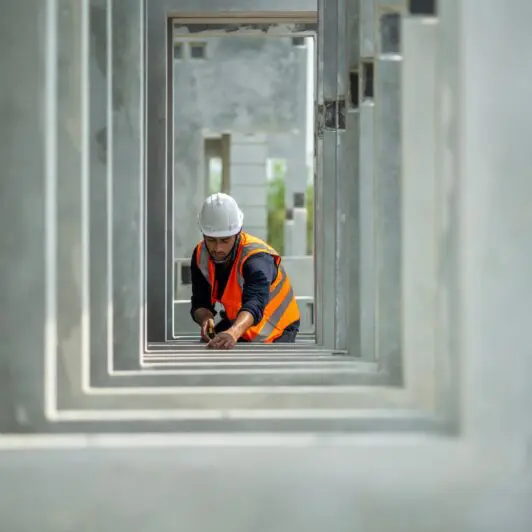
Crafting the Future: How Breweries Can Tap into SR&ED Tax Credits for Innovation
In the dynamic world of brewing, continuous innovation is key to staying competitive and satisfying ever-evolving consumer tastes. Scientific Research and Experimental Development (SR&ED) tax credits provide a valuable opportunity for breweries to explore technological uncertainties and enhance their brewing processes. Let’s take a look at the various SR&ED activities within the brewing industry and how these initiatives can drive growth and innovation.
Innovating Brewing Processes
Many breweries are embarking on projects to enhance the efficiency and quality of fermentation, exploring the impact of variables like temperature, yeast strains, and brewing techniques. These projects often face significant technological uncertainties regarding how changes will affect the final product. SR&ED tax credits can support these exploratory efforts, allowing breweries to experiment and refine innovative brewing methods.
Developing Unique Beer Flavors
The quest for unique beer flavours leads breweries to experiment with novel yeast strains, unconventional ingredients, and alternative fermentation methods. The challenge lies in ensuring that these new methods can produce consistent and scalable results. SR&ED incentivizes these creative endeavors, providing financial support for the necessary research and development.
Advancing Packaging Solutions
With an increasing focus on sustainability, breweries are developing eco-friendly packaging solutions. Technological uncertainties in this area include finding biodegradable materials that do not compromise beer freshness or fail to meet regulatory standards. SR&ED tax credits can help offset the costs involved in experimenting with and testing these new materials.
Enhancing Quality Control Measures
Investing in advanced analytical tools and sensors to monitor brewing parameters introduces uncertainties in integrating these technologies into existing processes. SR&ED can support the adaptation and optimization of such tools, ensuring breweries can maintain high standards of quality and consistency.
Reducing Environmental Impact
Breweries are also focusing on reducing their environmental footprint by exploring energy-efficient practices and wastewater treatment solutions. The technological uncertainties associated with these eco-friendly initiatives can often qualify for SR&ED credits, as breweries work to implement sustainable technologies without compromising product quality.
Streamlining Brewing Equipment
Modifying brewing equipment to increase operational efficiency or reduce resource consumption presents uncertainties regarding the potential impacts on the brewing process and beer quality. SR&ED tax credits can encourage breweries to undertake these modifications, supporting efforts to improve efficiency and sustainability.
Leveraging SR&ED for Breweries
For breweries, engaging in SR&ED tax credit programs can not only reduce the financial risks associated with innovative projects, but can also foster a culture of continuous improvement and technological advancement. Whether it’s creating new flavours, enhancing processes, or implementing sustainable practices, SR&ED provides a crucial financial backbone.
To discover more about how SR&ED tax credits can support your brewery’s innovation efforts, or to assess your eligibility for these incentives, contact us today. Let’s brew a brighter future together, powered by innovation and supported by SR&ED!
Contact us today!
One of our experts will be in touch shortly.





